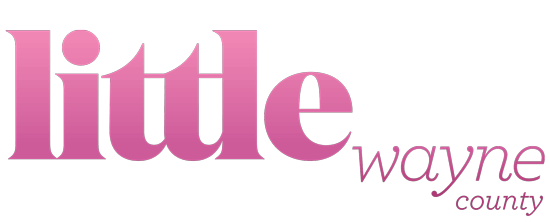As much as we would like racism or prejudice not to exist, it unfortunately does. Here is how to talk to your kids about it.
Living in South-Eastern Michigan, we are fortunate to be surrounded by such a diverse variety of people. Unlike some more remote parts of America, most children in our area will be exposed to people from several walks of life early on. Maybe your child will ask you about these differences, and perhaps they won’t. Either way, helping your child navigate appropriate responses to the differences in people is your responsibility.
If you’re worried your child is too young to learn about this ugly part of humanity, don’t. Children are curious, and although no child is born prejudice, they pick up on things around them and form opinions based off of what they are exposed to. It’s not unusual for people, especially children, to be cautious of the unfamiliar. That holds true for people that look different than they do. Try taking your child to various events around you, or even in different neighborhoods so that they can meet other kids. Encourage them to play with everyone, but don’t push them to make friends with specific children. Let them form their own options naturally.
If your child asks you why someone looks different than they do, try to be honest and don’t overly praise another group of people. Sometimes, in an effort to help their children see other races in a positive light, they will overcompensate in their explanation. Try to explain to them that everyone is different, and sometimes those differences are small, like maybe you have dark hair and your child light, and sometimes they are big, like very pale skin and very dark skin. Let your child know that at the end of the day, no difference is bad or good, just different.
There may come a time when your child will say something that sounds racist. After all, kids say the darndest things. If your child says something to you, like “I don’t like dark people,” or “My hair is prettier because it’s curly,” try not to panic and don’t get angry. It’s not totally unusual for children to favor themselves over others and base it off of petty reasons. Instead, use this as an opportunity to ask them why they feel or think that way. Encourage your child to say positive things that they think about people different from themselves and to dissuade any stereotypes they may have heard. Focus on what is similar between people of different races and themselves. Again, help them to understand that different does not mean better.
Eventually, especially in today’s political climate, your child will hear someone say something that is blatantly racist. Don’t ignore it! Children who see their parents ignore negative behavior will normalize it and think it’s okay. Explain to your child that there are people who think they are better than others simply because they don’t look the same. It’s okay to let your child know that you disagree and that opinion is wrong. Sometimes it can be helpful to bring up positive things that come from other cultures, like different foods or inventions. There is nothing wrong with seeing different races; race plays an important role in who we are. Talk to your child, but more importantly set an example. Try to be friendly with everyone and your children will notice that more than anything else.

